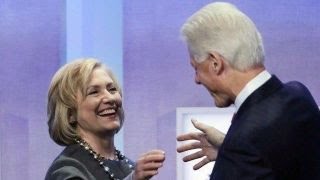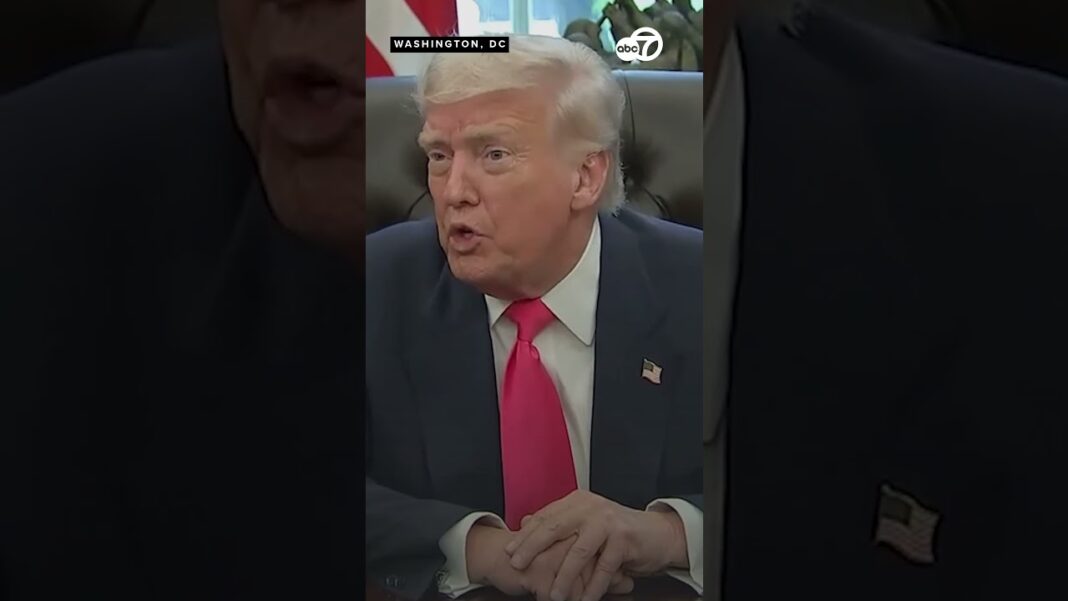‘We’ve been in business for 124 years, and you don’t stay around that long if you’re not determined and willing to fight and compete,’ an executive said.
Bradford Muller, vice president of a U.S. pipe company, thought that relief was finally on its way when the pipe and fitting manufacturing industry won a trade case against Chinese companies in 2018.
The Commerce Department imposed anti-dumping duties on Chinese pipe exporters because their ultra-low prices were harming the U.S. domestic industry.
The leadership of Charlotte Pipe and Foundry believed that the new high tariff rates—up to 360 percent—would deter Chinese producers, prompting them to shift to other products not subject to anti-dumping orders.
But that didn’t happen. Instead, transshipments to avoid the tariffs began almost immediately.
The flood of pipes from China returned, only with an additional stop at a third country—mainly Malaysia or Cambodia in Charlotte Pipe’s case—without significant value being added to the manufacturing process in those countries.
It was then that Muller learned a lesson: This would be a long fight.
Fast forward to today, and the company is still fighting against the Chinese regime’s tariff evasion.
“We’ve been in business for 124 years, and you don’t stay around that long if you’re not determined and willing to fight and compete,” Muller recently told The Epoch Times.
“We can compete on a level playing field. That’s all we’re asking for, is everybody to play fair.”
Charlotte Pipe intends to take matters into its own hands.
The private sector isn’t able to seek immediate injunctions on transshipments in the federal courts. Instead, it has to first file allegations of trade violations with the U.S. Customs and Border Protection (CBP) and wait for its determination. Muller wants to change this, and he’s pushing for legislation to do just that.
In the meantime, the political climate is more favorable to domestic producers, as the second Trump administration works to boost domestic manufacturing.
As a member of the Industry Trade Advisory Committee on steel, Muller said he attends weekly committee calls with the Office of the U.S. Trade Representative (USTR).
By Terri Wu







